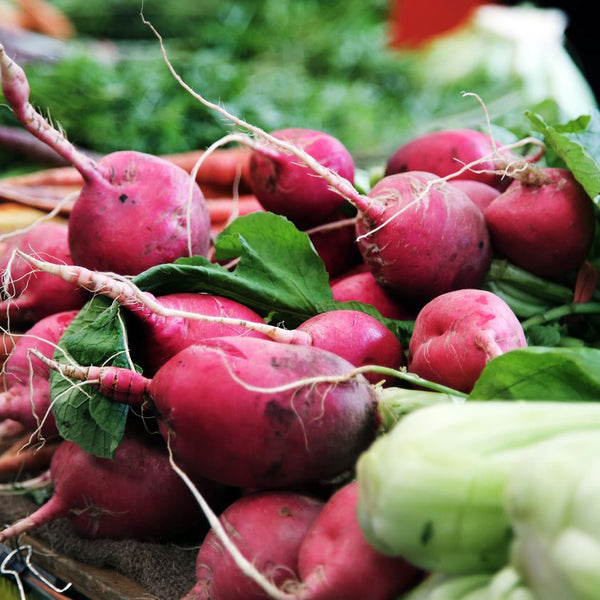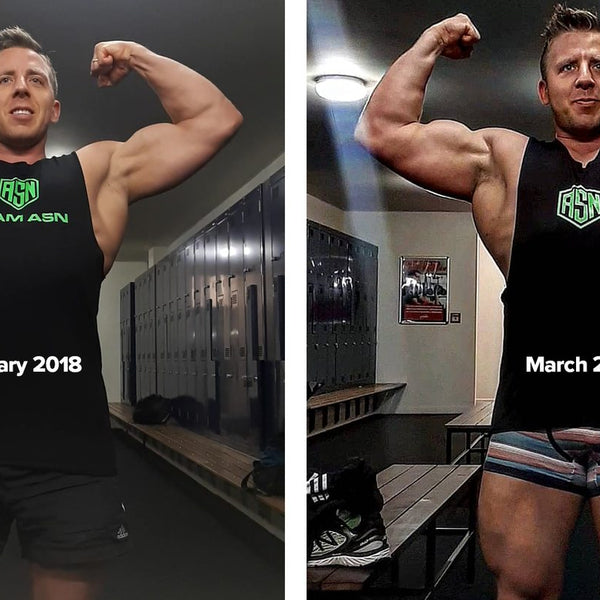What is a Plant Based Diet? – The Low Down
‘Plant based diets’ are something that you see dropped into Instagram posts and promoted on many bloggers sites. But exactly what is a plant based diet? And does it mean vegetarian? Or does it mean eating plants? As one might have wondered… no it does not involve eating pretty flowers (although I’d happily have edible ones scattered on my brunch).
So what is a plant based diet?
A plant based diet is a diet based on eating plants. In English please? Essentially the diet involves eating foods that are whole and unrefined. The diet includes eating vegetables, fruits, wholegrains and legumes. The diet minimises/excludes (for more extreme takers to the diet) eating foods such as meat, dairy, eggs and refined foods like sugar and oils.How is it different to vegetarianism and veganism?
The difference between a plant based diet and both vegetarianism and veganism is down to the motivations of the person with the diet. This may sound stereotypical (and apologies if this isn’t you) but someone eating a vegetarian diet is usually choosing to avoid meats and fish for the animal cruelty and environmental impacts. Someone eating a plant based diet is usually doing so for the health implications. Another difference is that both veganism and vegetarianism, unlike a plant based diet, do allow people to eat processed foods for example oils, sugars and flours. The plant based diet does not allow someone to eat these types of food and focuses on foods that are not or minimally processed. I think of it like someone on a plant based diet wouldn’t be able to eat shop bought Reese’s Puffs cereal (who doesn’t love Reese’s) but a vegan could eat these.What can I eat on a plant based diet?
On a plant based diet you can eat many things including the below food groups:- Fruits
- Vegetables
- Wholegrains
- Legumes (e.g. tofu, tempeh, soy milk or other soy products, peanuts
How much do I eat on this diet?
The idea with this style of ‘diet’ is that there is no calorie or portion control – you can eat as much of the foods as you want and until you feel full. Saying this, you do have to be careful as eating as many nuts as you want (as an example) does come with a calorie ‘flag’. As we know, however good nuts are for you, they are very high in calories. If you’re also trying to keep the carbs down, you wouldn’t eat all of the rice in the world. As with everything, foods are good in moderation so don’t overdo one particular food group, keep things balanced. It’s also important to ensure that you are getting a variety of different nutrients and protein. Here’s how to get enough protein on a plant based diet.Why do people opt for a plant based diet?
There are many reasons as to why someone may opt to follow a plant based diet, but the main reason is usually for health. Following a plant based diet has many benefits and health implications including weight loss implications, increased lowered blood pressure and reduced sugar cravings to name a few.Top tips for moving to a plant based diet?
If you’re considering moving to a plant based diet, there are some small tips and tricks which can help you to transition across gradually, allowing your body and mindset to adapt.- Start introducing meals with no meat in a couple of times a week. We’ve all seen the hashtag #MeatFreeMonday on Instagram – so get involved. Personally for me, I love the vegetarian burgers from the Coles own brand in the curried pumpkin and corn flavour. I use this as an alternative to having meat or fish in a meal and they are surprisingly filling.
- Choose wholegrain varieties over white varieties. When it comes to rice bread and pasta, opt for the wholegrain variety rather than the white variety. It may seem like something small but it will help to start eliminating items in your food menu that are over processed.
- Add more veggies into your meals. As I eat low carb often in the evenings (I eat late and don’t like to go to bed on a full stodgy stomach) I often swap out pasta for courgetti or I swap rice for cauliflower rice. Fortunately both Coles and Woolworths have jumped onto this trend are selling pre-prepared cauliflower rice and sweet potato noodles so time is never an issue either.
- Add legumes into your meals. Adding legumes into your meals is a good way to make a meat free meal filling. Try adding some chickpeas into a vegetable curry or make some homemade hummus to have with your vegetarian burger. Doing this will help to adjust you to realising that you don’t need to have your typical ‘meat and two veg’ meal to satisfy your rumbling tummy.
- Let your body guide you. Moving too quickly onto a full plant based diet might not agree with your body. Although there are many advantages to a plant based diet there are of course disadvantages. Listen to your bodies hunger cues too and be guided by how you feel.


